Former ATSIC chief Geoff Clark joins chorus against Indigenous voice
Former ATSIC chairman Geoff Clark has joined an online campaign in which the Indigenous voice to parliament is characterised as too weak.
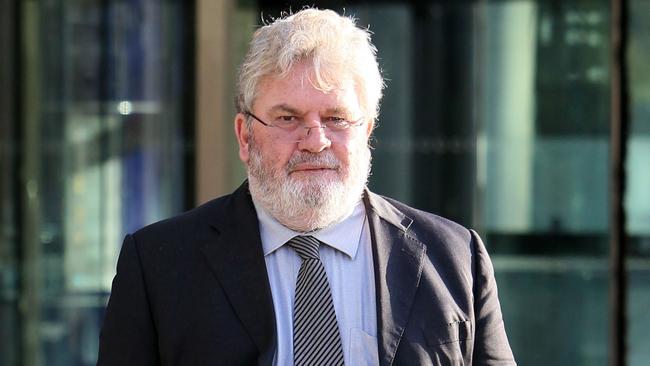
Geoff Clark, the former chairman of the Aboriginal and Torres Strait Islander Commission, has joined an online campaign in which the Indigenous voice to parliament is characterised as too weak.
In the first podcast of a series due to launch on Monday, Mr Clark positions himself as a critic of the voice referendum alongside Aboriginal Land Council of Tasmania chairman Michael Mansell. Mr Mansell has been vocal that instead of taking Australians to a referendum on a voice in this term of parliament, Labor should instead make a treaty that would allow Indigenous communities to effectively govern themselves, including by running their own police forces, and health and education systems.
At 12 meetings around Australia, more than 1000 Indigenous people contributed to the document that calls for the voice: an Indigenous advisory body enshrined in the constitution. The 2017 Uluru Statement from the Heart has been described as the most thorough consultation with Aboriginal and Torres Strait Islander people ever undertaken. However, Mr Mansell sees it as a reform that is too modest. He is stepping up his criticisms ahead of a voice referendum that is widely expected to be held in the second half of 2023.
The Australian can reveal that Mr Mansell and others have formed a lobby group called the National Treaty Alliance. They have been holding fortnightly Zoom meetings and in recent months the group claims to have made representations to Senator Pat Dodson, the Albanese government’s special envoy on the Uluru Statement from the Heart, and to Greens senator Lidia Thorpe, who has been highly critical of the voice referendum and considers a treaty a higher priority.
In the podcast discussion due to launch on Monday – called Let’s Talk Treaty – Mr Clark disparages the 1967 referendum that gave the commonwealth the power to make laws about Indigenous Australians.
“The fundamental outcome of 1967 was that white people decided what was best for black people,” he said. “Fast forward to 2022, what’s the difference with the voice? We are going to a referendum where white people – 90 per cent or 97 per cent again – will determine what is best for Aboriginal people.”
In the podcast, Mr Mansell lists what he says are the limits of an Indigenous voice.
“The voice cannot return any land to Aboriginal people, it cannot deliver any services to Aboriginal people, it cannot raise any funds nor can it distribute any funds. All it does is give advice,” Mr Mansell says in the podcast.
The National Treaty Alliance says it plans to “encourage debate and give access to communities currently not able or encouraged to participate in the political discourse in Canberra”.


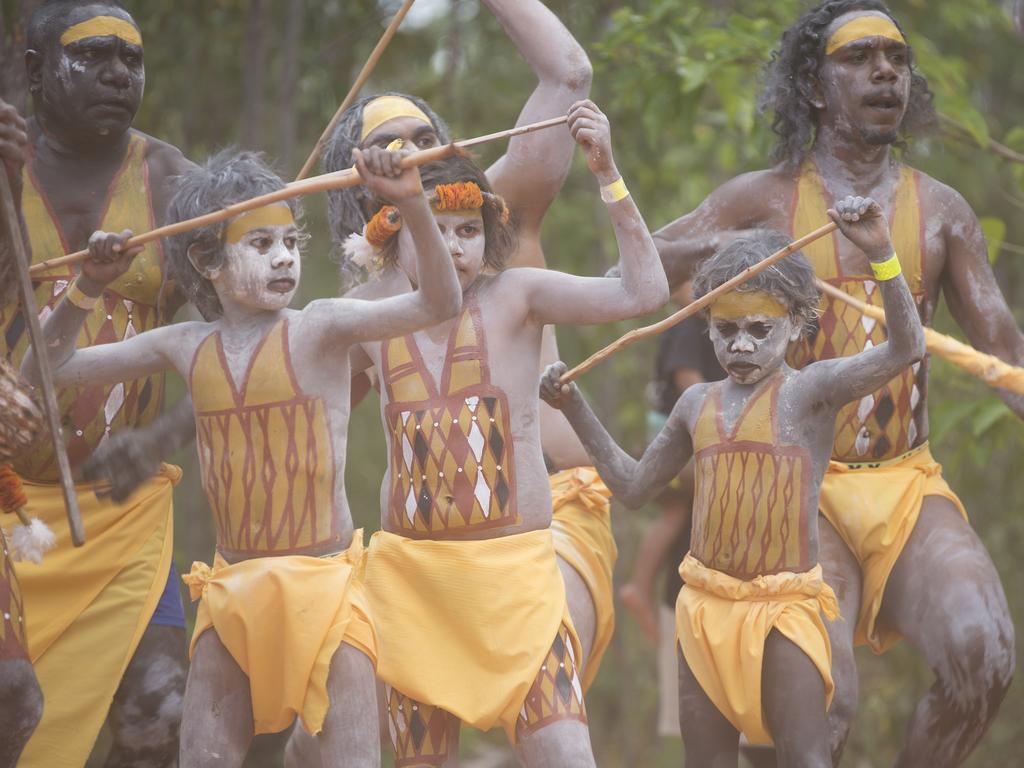
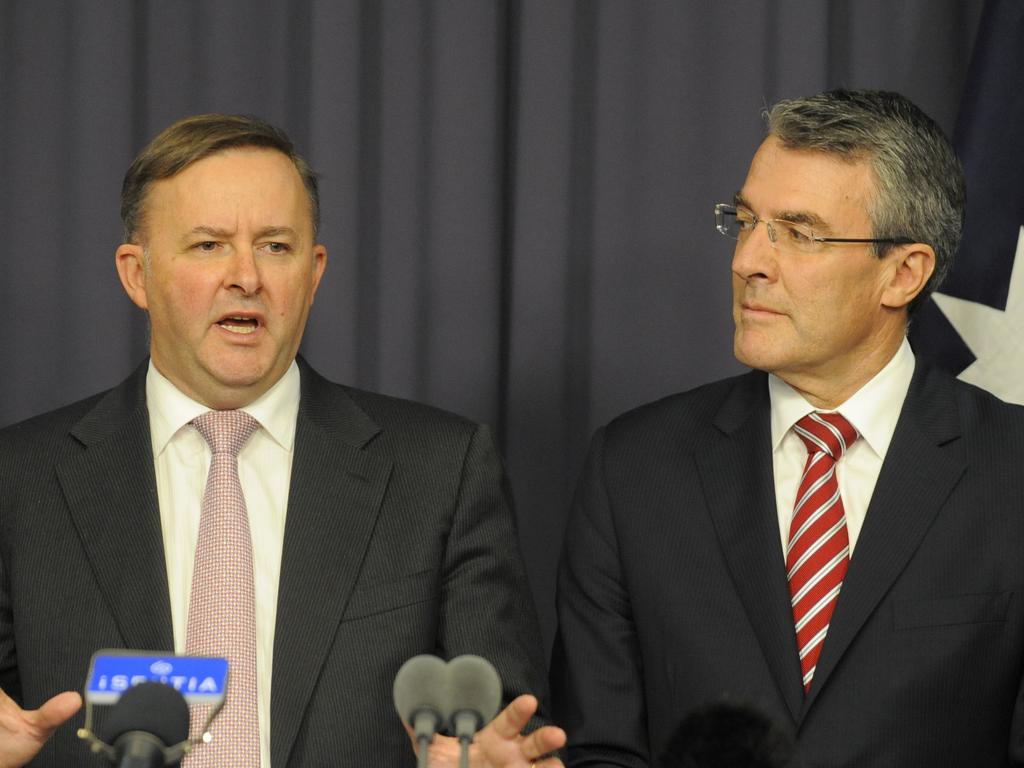
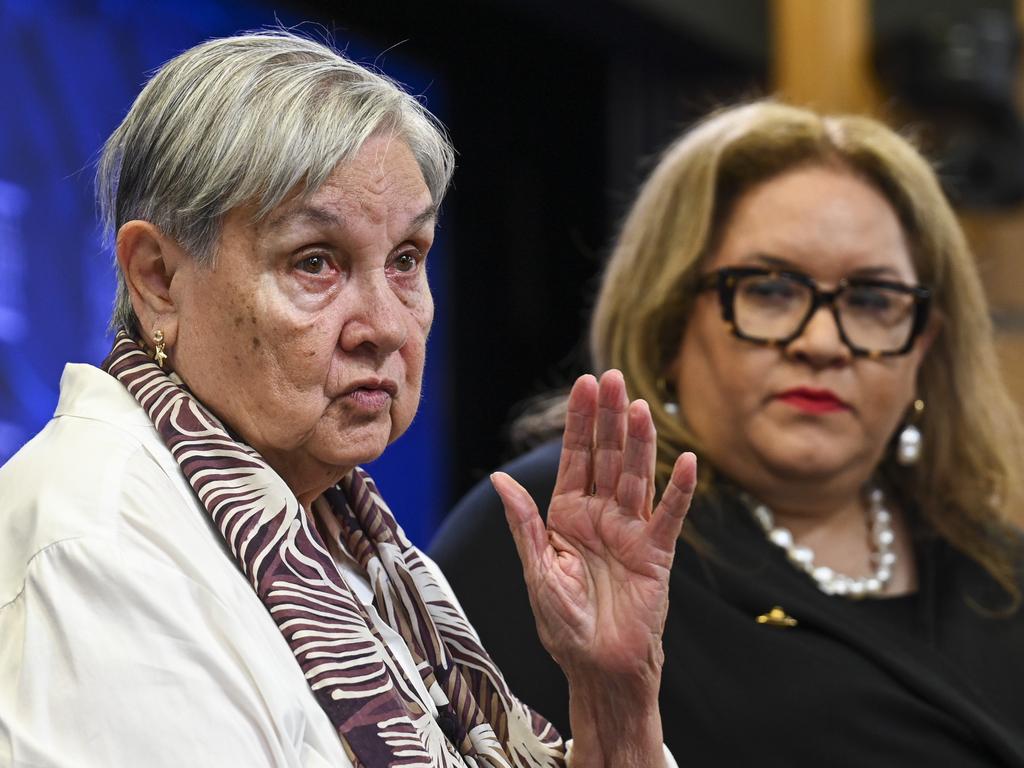
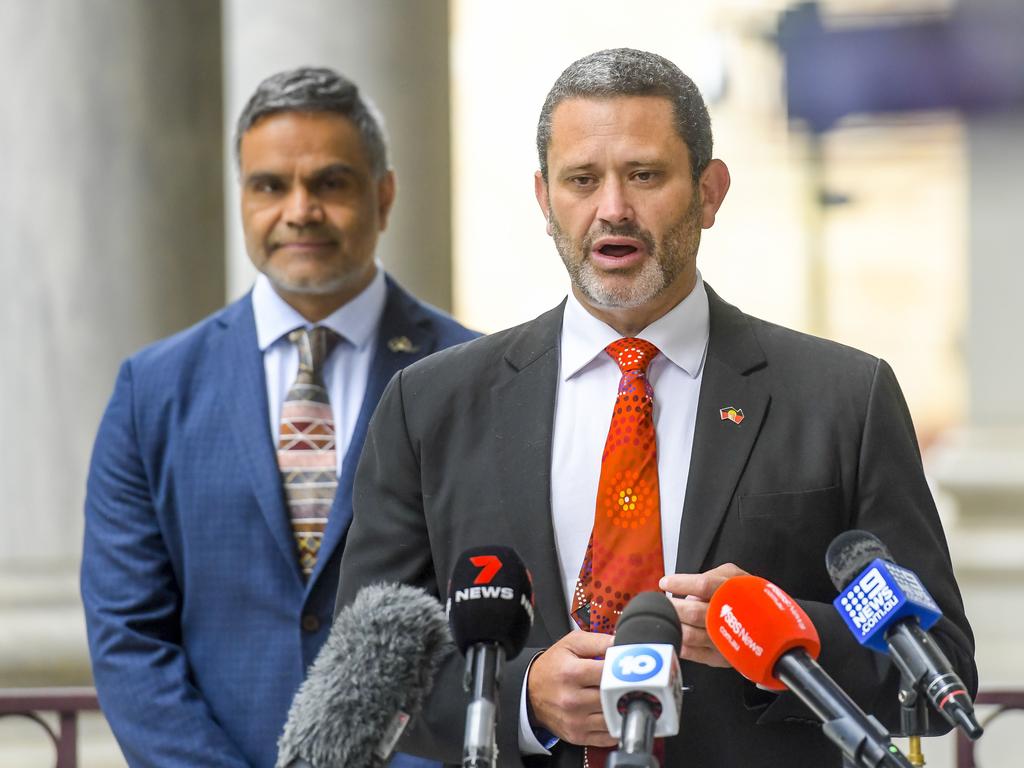


To join the conversation, please log in. Don't have an account? Register
Join the conversation, you are commenting as Logout